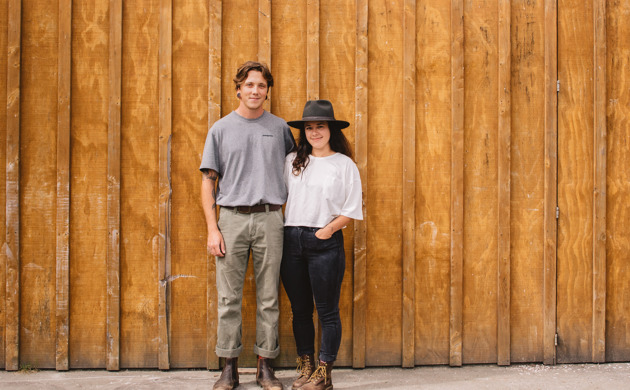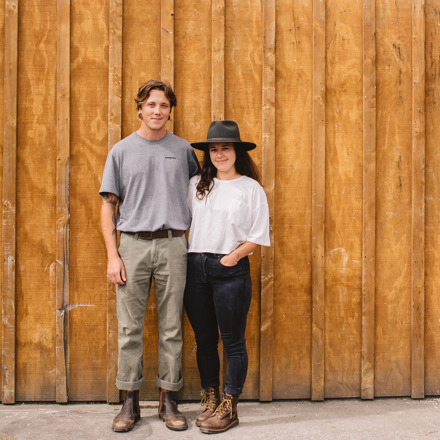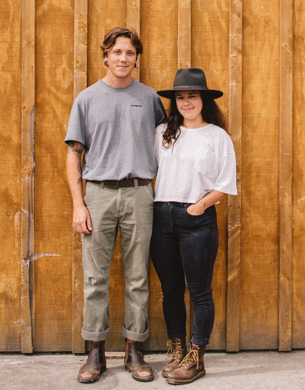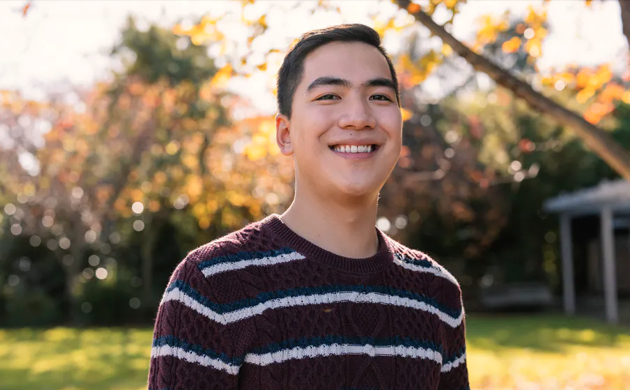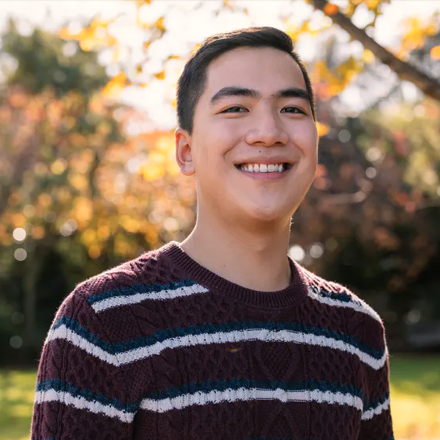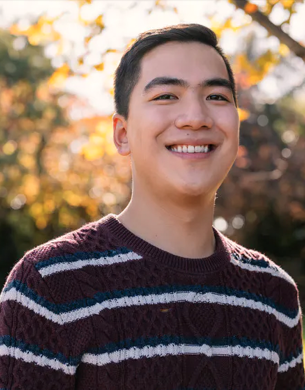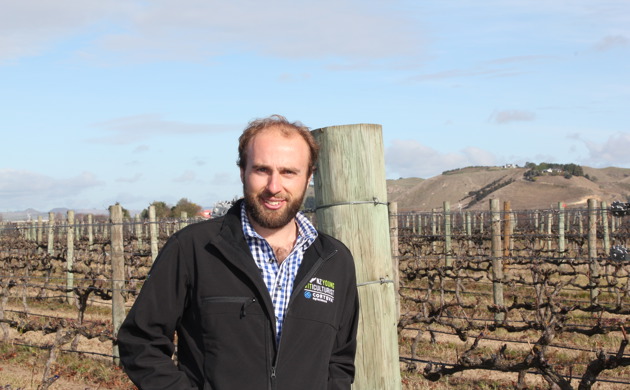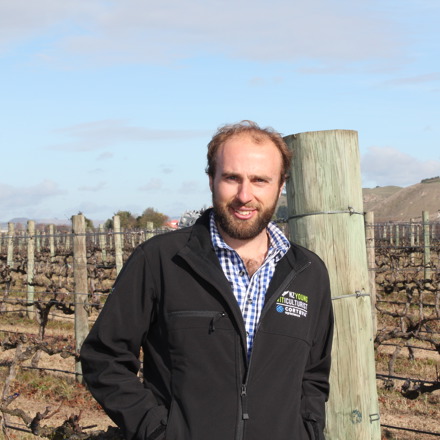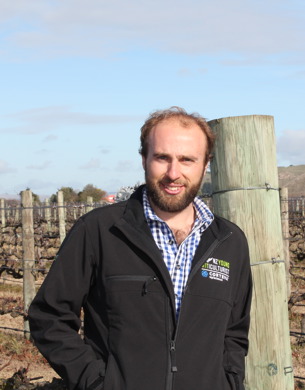Sophie Preece
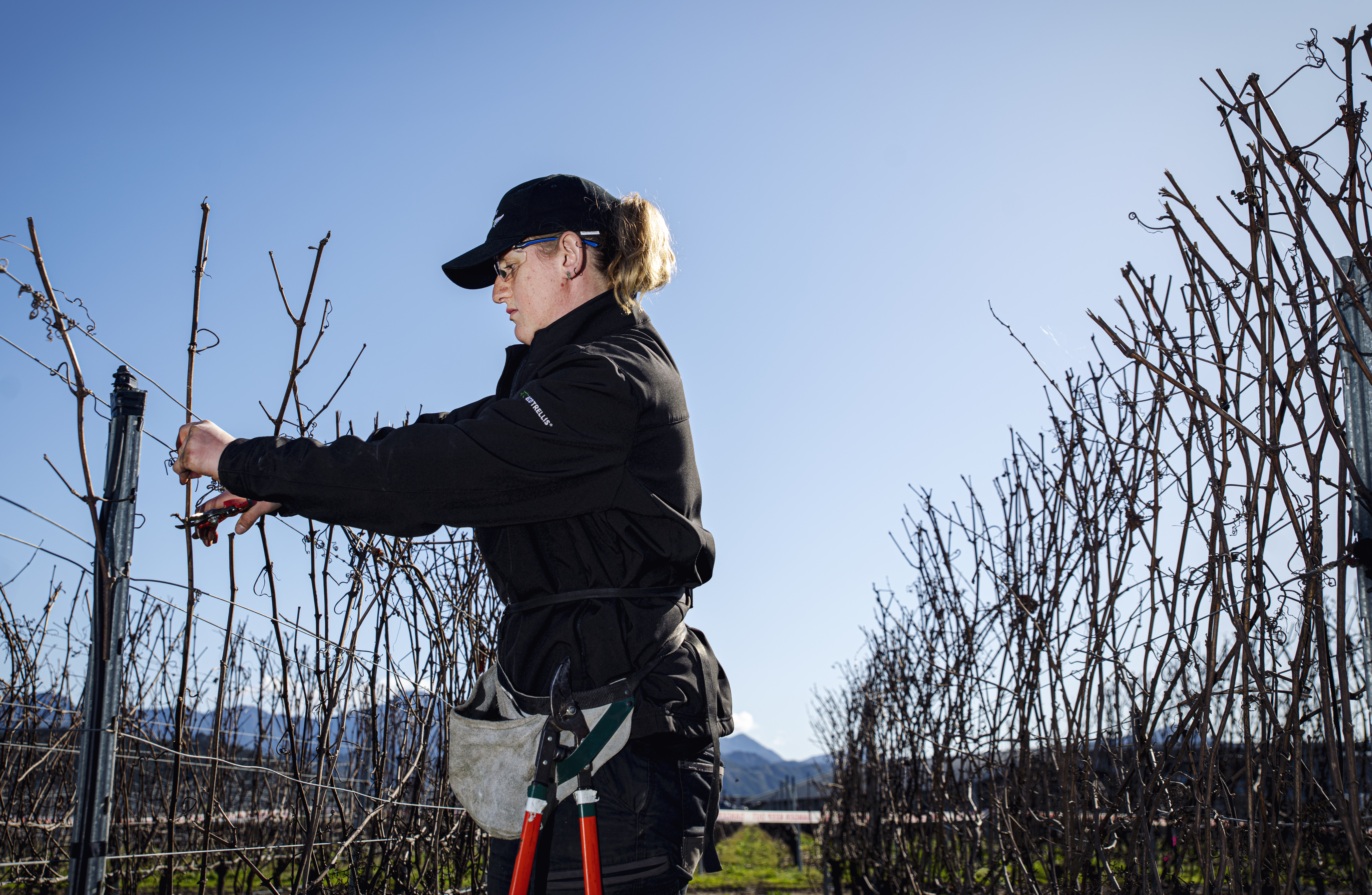
The 2022 Central Otago Corteva Young Viticulturist of the Year began her wine career with Dry River Wines in the Wairarapa before moving to Felton Road in Bannockburn. Both companies are organic and biodynamic, which she loves. “I think it’s really good giving back to the environment. I really enjoy that part of my job and I also love the smaller work environment,” Nina says. “You get to know everyone at work really well and it’s such a positive working environment to be in.”
Nina worked in the vines and the winery at Dry River, and the 2022 vintage at Felton Road also saw her cross the line, putting up her hand to help when they lost a cellar hand. “It was really rewarding to see the grapes that I grew over the summer. To follow them into the winery and taste the ferments.” It gave her a more personal relationship with the fruit and the final product, she says, having gained “more appreciation for the grapes”.
The regional young viticulturist competition on July 21 was Nina’s second event, having come runner up in 2021. She says the competitions have boosted her confidence, and shown her areas to work on, “which I think is a really good opportunity”.
“It was really rewarding to see the grapes that I grew over the summer. To follow them into the winery and taste the ferments.”
For the speech section this year she suggested using thyme under vines as a non-competitive cover crop that thrives in Central Otago’s arid conditions.
“It actually also has amazing antifungal properties. So, as well as reducing our tractors passes it could also be a goal of reducing fungal sprays,” she says. There was little time to relax after the win this year, with the national competition held hard on its heels in Marlborough on August 30 (see page 53).
Nina grew up on a Taranaki dairy farm and planned to be a vet, until the prospect of euthanising animals put her off. She credits a high-school teacher with planting the seed of wine industry work in her mind. “He said if he could ever change his career, he would get into viticulture… I researched it and thought, ‘why not?’”
When she was 16 the family moved to the Wairarapa, where she completed school and then headed straight to Lincoln University for a degree in winemaking and viticulture, before returning to the Wairarapa for her first three years in the industry.
University gave her the theory and understanding of how things work, “but I think you get a moment where everything clicks into place when you go out and do it physically,” she says. “It aligns the dots”.
This article was first published in New Zealand Winegrower magazine issue 136 and is republished with permission.




